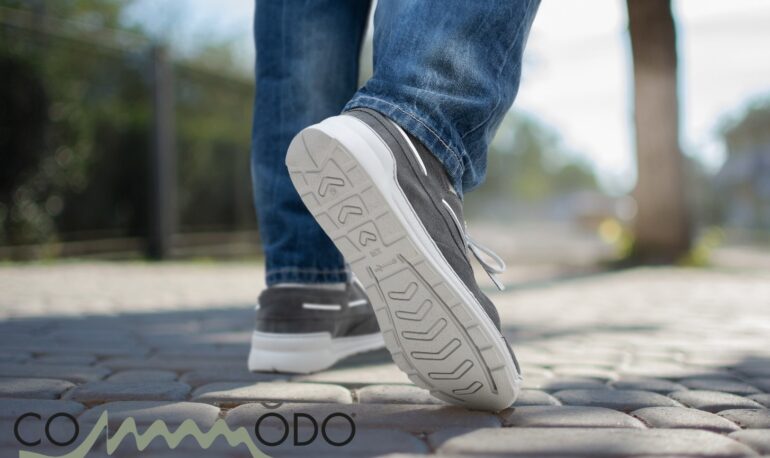
Sustainability in the World of Footwear? Let’s Start with the Sole.
Over recent years, sustainability has been one of the most important and most topical international issues for both politics and economics.
Today, what was initially seen as an opportunity has now become a necessity, and consumers have become increasingly sensitive to the issue of sustainability.
According to the 2022 report, “Kantar Connecting with Eco-Conscious Consumers”, 53% of consumers actively seek out products and brands that offer ways to compensate for their impact on the environment, and 51% of consumers are ready to invest time and money in order to support companies that show themselves to be committed to improving sustainability.
In Italy, according to the latest survey commissioned by Google, 31% of respondents stated that the sustainability of a product is more important than its design or its styling. This percentage rises to 37% amongst young people aged between 18 and 24.
As such, the footwear sector, starting – appropriately enough – from the sole, must show itself to be sensitive to the emerging market requirements, and must necessarily put in place every possible initiative and strategy with a view to ensuring that the advantages which may derive from those requirements do not only concern the protection and safeguarding of the environment but can also bring economic benefits over the medium and long terms.
Is it possible to make a sustainable sole?
It is a widely held belief that the production of soles (with the exception of those made of leather) involves materials that are not eco-friendly. In part, this belief is justifiable, but recent developments in the field of new materials and eco-sustainable technologies are enabling businesses to produce and use new bio-based and/or recycled compounds and manufacturing processes that make it possible to reduce emissions of CO2, waste and production residues.
Economic Benefits
Over the medium/long term, the ever-increasing interest shown by consumers in eco-sustainable products and manufacturing processes could also bring benefits in financial terms (i.e. higher sales) for those companies that strategically move early or more decisively in this direction.
In addition, an appropriate corporate policy geared towards the recovery of waste and the use of new, eco-sustainable materials and technologies could be beneficial, in that such an approach could afford access to subsidies made available by government bodies to facilitate the adoption of best practices targeted at protecting the environment.
It is also important not to underestimate the “image dividend” for those companies at the forefront of implementing actions associated with sustainability.
What is AL.PI doing to become a more sustainable company?
For several years, our company has been implementing a pro-active environmental policy. This commitment has taken a variety of different forms. First off, we installed a photovoltaic plant with a capacity of 450 kW. In addition, all of the machinery used in our manufacturing operations is now equipped with inverters (a low-energy technology) and, last but not least, all of our lights are now LED, with a view to reducing our energy consumption and lowering the impact of our operations on the environment.
In relation to the materials we use in our manufacturing processes, we have already initiated production with BIO-BASED materials – derived from renewable organic sources such as plants, wood and organic waste – and with materials that are certified as being compliant with the Global Recycled Standard (GRS), an important tool for driving sustainability in the textile industry, which guarantees the use of products manufactured “sustainably” (in both environmental and social terms), some of which may involve the recovery of our production residues.
Moreover, thanks to the installation of a new, custom-designed management system, today we are able to monitor with greater precision all of the production processes in order to optimise residues and waste while reducing consumption.
If you want to know more on how to choose or make an eco-sustainable sole for your own branded footwear, contact us and we will be delighted to work with you and support you on this journey towards the manufacture of eco-sustainable footwear.





